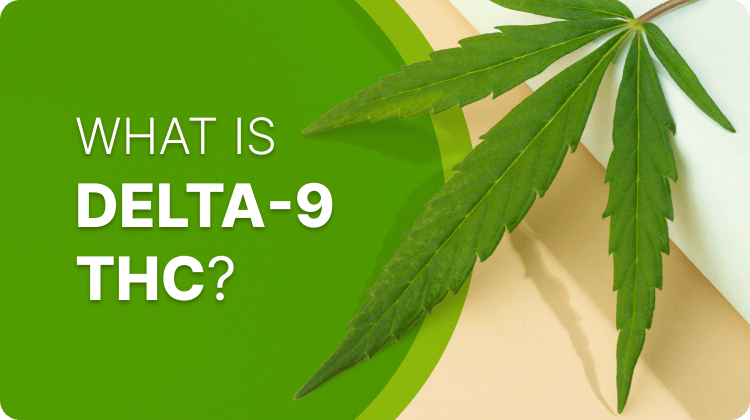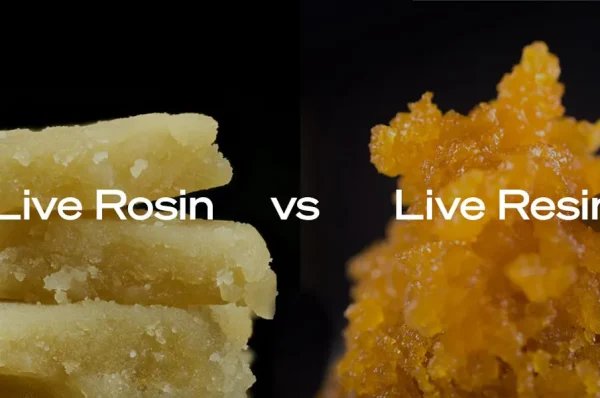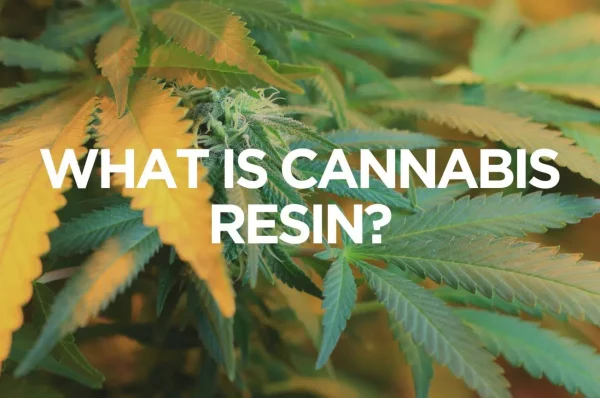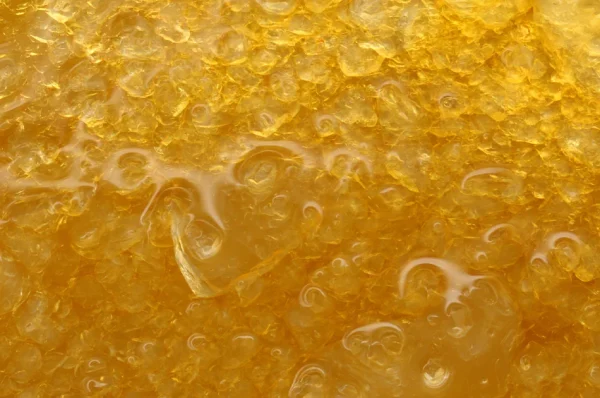Delta 9 Tetrahydrocannabinol (Delta 9 THC) is a compound that has piqued the interest of both the scientific community and the general public. As the primary psychoactive ingredient in cannabis, its presence in hemp, a plant within the Cannabis genus that is primarily cultivated for its industrial uses and low psychoactive substance content, has sparked a conversation about its potential benefits, applications, and the intricacies of its chemistry and extraction. This blog post delves into the complex world of Delta 9 THC found in hemp, exploring its chemical properties, health benefits, psychoactive effects, and the methods used to extract this intriguing compound.
The Chemistry of Delta 9 THC
Delta 9 THC is one of over 100 cannabinoids found in cannabis plants. Its chemical name is Δ9-tetrahydrocannabinol, and it has a molecular formula of C₂₁H₃₀O₂. This cannabinoid is notable for its psychoactive properties, which are attributed to its ability to bind to cannabinoid receptors in the brain. The chemical structure of Delta 9 THC allows it to easily cross the blood-brain barrier, leading to its potent effects on the central nervous system.
In hemp, Delta 9 THC is present in much lower concentrations than in marijuana, typically less than 0.3% by dry weight. This minute concentration is what legally distinguishes hemp from marijuana in many jurisdictions, allowing for its cultivation for industrial purposes and for the extraction of non-psychoactive compounds like cannabidiol (CBD).
Health Benefits of Delta 9 THC
Despite its psychoactive properties, Delta 9 THC has been recognized for various medicinal benefits. Research has suggested that it can provide relief from several conditions:
- Pain Management: Delta 9 THC has been shown to alleviate chronic pain by interacting with the body’s endocannabinoid system, which plays a key role in regulating pain perception.
- Anti-inflammatory Properties: It possesses anti-inflammatory capabilities, making it beneficial for treating conditions like arthritis and Crohn’s disease.
- Appetite Stimulation: It is well-known for its ability to increase appetite, which can be particularly beneficial for patients undergoing chemotherapy or those with eating disorders.
- Nausea and Vomiting: THC has been effective in reducing nausea and vomiting associated with chemotherapy treatments.
- Neuroprotective Properties: There is emerging evidence that THC may have neuroprotective properties, offering potential benefits for neurodegenerative diseases like Alzheimer’s and Parkinson’s disease.
Psychoactive Properties of Delta 9 THC
The psychoactive effects of Delta 9 THC are both its most sought-after and most controversial aspects. Upon consumption, users may experience euphoria, altered perception of time, heightened sensory perception, and relaxation. These effects are primarily mediated through THC’s interaction with the cannabinoid receptors in the brain, particularly CB1 receptors.
The psychoactive experience can vary widely among individuals, influenced by factors such as dosage, the individual’s physiology, and the method of consumption. While many find these effects pleasurable, excessive consumption can lead to negative outcomes, including anxiety, paranoia, and impaired cognitive function.
Extraction Techniques for Delta 9 THC from Hemp
Extracting Delta 9 THC from hemp is a complex process, given its low concentration in the plant. The extraction process typically involves several steps:
- Selection of Plant Material: High-quality hemp with the highest possible concentration of Delta 9 THC is selected to maximize yield.
- Extraction: Common methods include CO2 extraction, ethanol extraction, and hydrocarbon extraction. Each technique has its pros and cons in terms of efficiency, purity of the final product, and environmental impact.
- Purification: After initial extraction, the crude extract undergoes further purification to isolate Delta 9 THC. This often involves processes like winterization, distillation, and chromatography.
- Conversion from Other Cannabinoids: In some cases, methods have been developed to convert other cannabinoids in hemp, like CBD, into Delta 9 THC through chemical reactions.
Conclusion
Delta 9 THC in hemp represents a small but potent component with significant psychoactive and medicinal properties. Its complex chemistry, coupled with the intricate methods required for its extraction and purification, continues to challenge and inspire researchers and industry professionals alike. As the legal landscape around cannabis and hemp continues to evolve, so too will our understanding and utilization of this fascinating compound. With its promising health benefits and the advancing technologies in extraction processes, Delta 9 THC from hemp holds a unique position at the crossroads of health, science, and policy.




